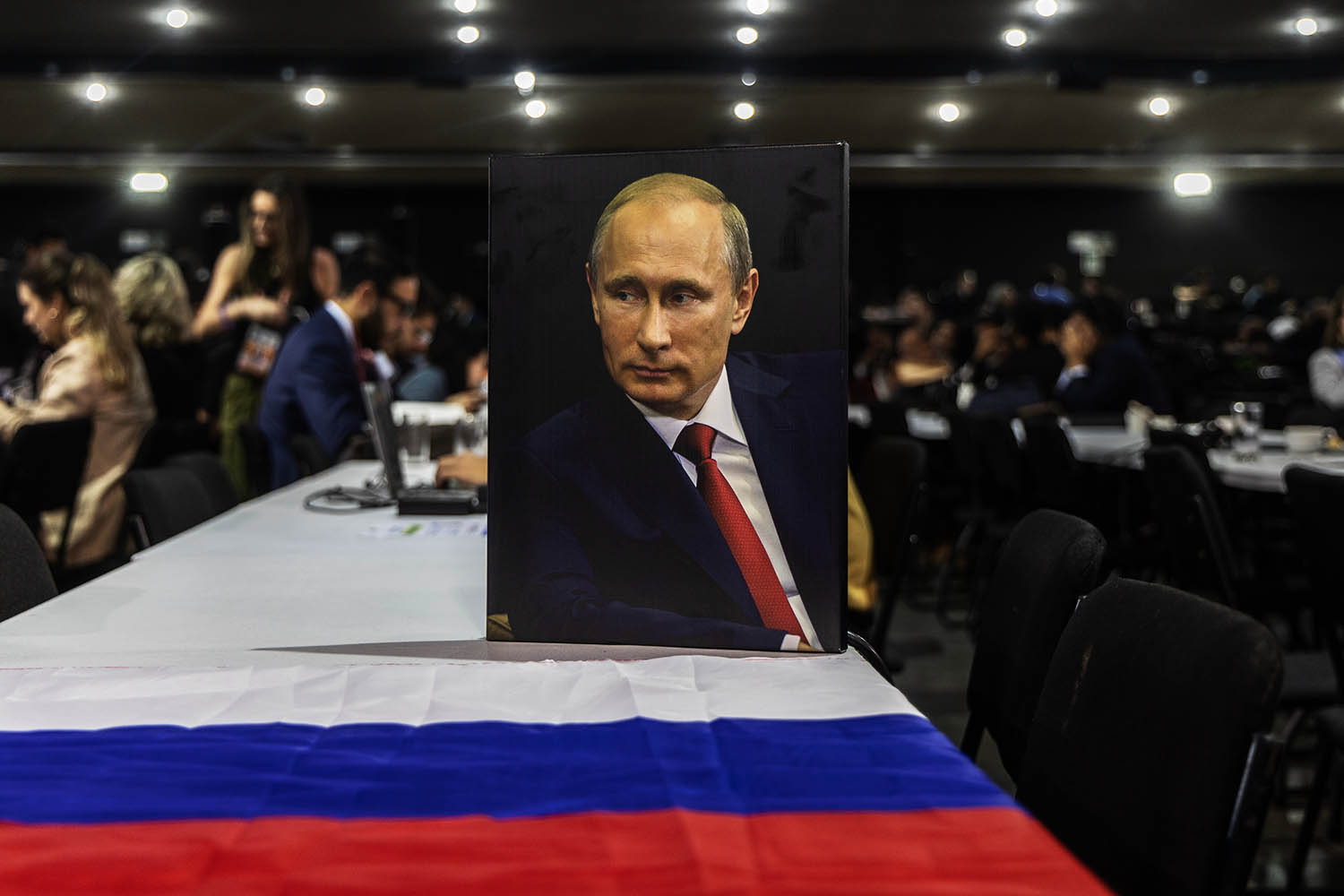The Kremlin claims to be unfazed by Donald Trump’s new ceasefire deadline, and with good reason: though dangerously overheated by the war machine and western sanctions, Russia’s economy is far from collapse.
Sanctions are putting pressure on the rouble and dragging down economic growth as a boom driven by massive military spending comes to an end. They have also hit Russia’s oil and gas revenues: they made up about 30% of the federal budget last year, and dropped by a third this spring. The country’s oil exports remain stable by volume – albeit at lower prices.
Growth is falling. In 2024 the economy grew by 4.3%, according to the state statistics agency Rosstat, up from 3.6% in 2023. But in the first quarter of 2025 growth had dropped to 1.4% and is predicted to level out at an annual growth figure of 1.6%. In June, Russia’s economy minister, Maxim Reshetnikov, said the country was “on the brink of a recession”.
The International Monetary Fund (IMF) downgraded its forecast for the Russian economy even further. In its July World Economic Outlook Update, the IMF predicts Russia’s gross domestic product (GDP) will rise just 0.9% in 2025, down from its 1.5% projection in April. The downturn was attributed to recent data suggesting a drop in retail sales and industrial production.
The gloomy predictions have forced Russian officials to acknowledge the economic hit caused by the war in Ukraine and sanctions, particularly those restricting Russia’s access to foreign markets and technology, that have affected the finance and energy sectors hardest. Elvira Nabiullina, governor of the Russian Central Bank, was even gloomier, saying the resources that had stoked growth in wartime – defying sanctions and pouring money into military contracts – had been “truly exhausted”.
The official inflation figure is about 10%, although independent analysts suggest it could be more than 15%. But even having constrained Russia’s economy, existing sanctions haven’t triggered collapse. Until now, Trump has not added new sanctions to those imposed on Russia by the Biden administration.
Russia’s economy is war-driven and state-controlled. Further sanctions might weaken it – or force the state to invent other ways of evading sanctions. Some Republicans think Putin can’t go on dodging the sanction squeeze for ever. He seems determined to prove them wrong.
Photograph by Dado Galdieri/Bloomberg via Getty Images
Newsletters
Choose the newsletters you want to receive
View more
For information about how The Observer protects your data, read our Privacy Policy


